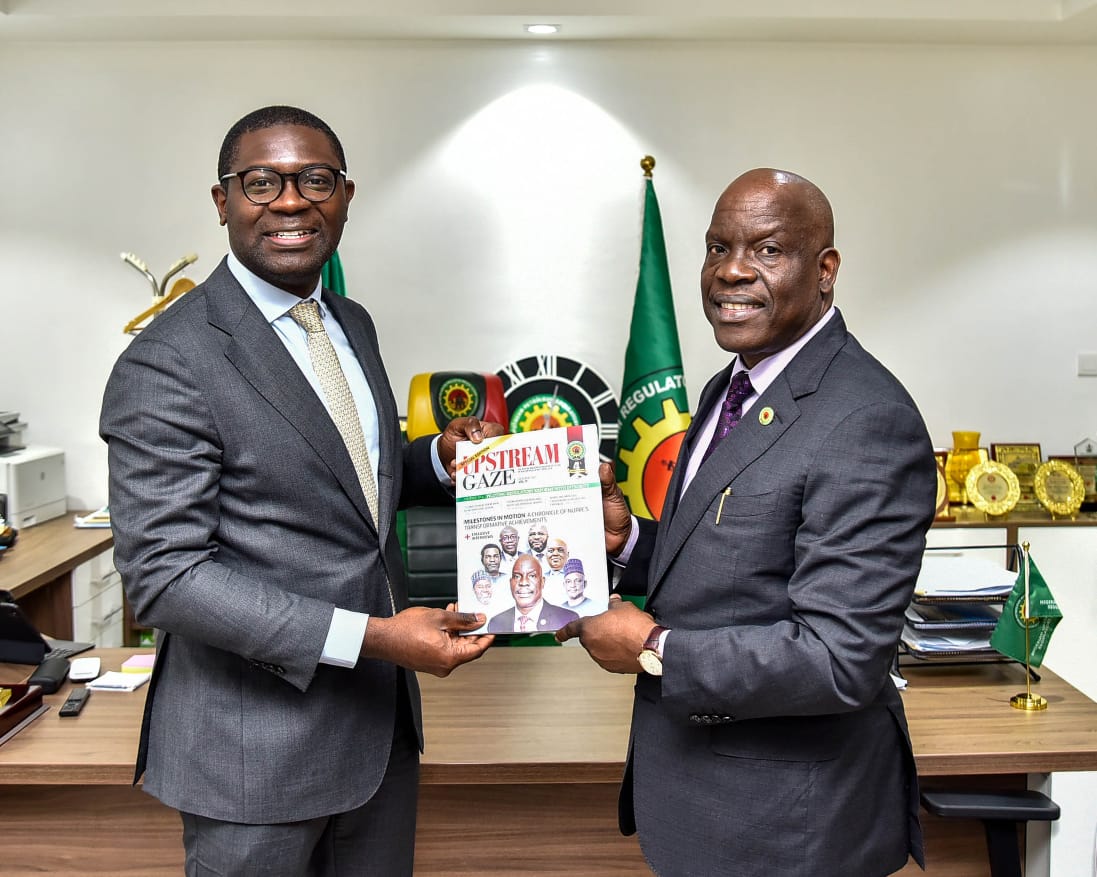By Ajuma Mary Abah
Imagine this scenario: In the bustling city of Lagos, a woman named Amara lives with her three children. Despite working tirelessly at a local market, she struggles to make ends meet. Her husband, Wale, passed away from a preventable illness due to a lack of affordable health care. This loss haunts Amara, fueling her determination to provide a better life for her children.
One day, she falls ill with a fever. Ignoring it at first, she continues working, fearing that missing a day could mean no food on the table. However, her condition worsens. Realizing she has no choice, Amara reluctantly visits the nearest clinic. The cost of treatment is overwhelming, forcing her to choose between paying for medicine or buying food for her children. Like many poor Nigerians, she resorts to blaming “village people” and other supernatural forces for her plight.
Amara’s story, though fictional, reflects the harsh reality of healthcare in Nigeria. Despite being rich in natural resources and economic potential, Nigeria faces significant challenges in providing adequate health care for its citizens. Many, like Amara, are trapped in a cycle of poverty, unable to afford basic health care. This stark contrast between the country’s wealth and its low life expectancy highlights the gap between potential and reality.
Research by the World Health Organization and the World Bank shows that over 100 million people worldwide become extremely poor every year due to unaffordable health care. Nigeria, with about 133 million citizens living in multidimensional poverty according to the National Bureau of Statistics, is significantly impacted by this trend. This is why the National Health Insurance Authority (NHIA), under Director-General Kelechi Ohiri, is passionate about boosting enrollment in the national health insurance system while simultaneously working with partners to improve the quality of services at both the public and private sector levels.
The NHIA’s strategy focuses on improving fundamentals, consulting with key stakeholders, boosting public awareness of the benefits of health insurance, and working with states to increase coverage at the sub-national level. Since his appointment, Ohiri has been criss-crossing the country to consult, learn, support, and encourage key players in the healthcare ecosystem to achieve higher enrollment and improved services from health care providers.
This mission is crucial because out-of-pocket spending on health is a poor option. It drives poverty, lack of productivity, and mortality when people cannot pay for unforeseen health costs. This issue is even more severe for families dealing with chronic health conditions.
Closely related to the problem of out-of-pocket spending is the need to support vulnerable Nigerians who lack the resources to benefit from health insurance. This group includes the elderly, the infirm, and those living with disabilities and other challenges. It is challenging enough for poor, able-bodied Nigerians to afford health care costs. For those who cannot earn income or care for themselves, the challenge is even greater.
This is why it is commendable that the NHIA, leveraging various special funds established by the federal government, has prioritized enrolling vulnerable groups to ensure they access health insurance benefits. Notably, the NHIA has expanded eligibility to include women facing challenges after childbirth. This initiative will ensure these women receive free treatment under a health insurance scheme, significantly improving maternal health care. Adjusting the eligibility criteria is a step in the right direction.
The hope is that as enrollment figures increase and health insurance becomes routine for Nigerians, the country’s life expectancy, currently among the lowest in the world, will improve. While Moroccans, Tunisians, Algerians, Egyptians, and Libyans can expect to live between 70 and 77 years, life expectancy in Nigeria is almost two decades less. This disparity is not unique to North Africans, as Senegal, a West African nation, has a life expectancy of about 69 years.
What explains this significant and depressing gap? Research shows that access to an effective healthcare system is vital for longevity, especially as individuals age. Genetics, habits, and crime rates are also important factors. The high life expectancy rates in Monaco and Singapore, which have the world’s strongest healthcare systems as of 2024, underscore the importance of quality health care.
Fortunately, these efforts, along with the Authority’s publicity campaigns urging Nigerians to enroll in health insurance, are gradually yielding results. Within the first 100 days of the Tinubu administration, approximately 750,000 new enrollees signed up. Many more are enrolling across the country. Thousands of new enrollees have emerged nationwide, with some state governments going the extra mile to cover enrollment costs for selected groups. Testimonials from beneficiaries, often shared on the NHIA’s social media, highlight the positive changes these initiatives have brought about.
However, the destination is still far off. As of June 2024, only 8% of Nigerians have health insurance. This number needs to increase rapidly if the Authority is to achieve the Tinubu administration’s target of a 20% annual increase in enrollment rates.
Additionally, the NHIA must overcome several serious challenges to achieve its mandate. These include budgetary limitations and funding gaps that hinder the full implementation of NHIA programs, infrastructure and resource limitations affecting healthcare delivery efficiency, and navigating the complex regulatory and political landscape, which requires strategic advocacy and policy influence. The agency is diligently working with partner institutions to overcome these obstacles.
In the long run, increased access to quality and affordable health services will reduce unnecessary deaths, thereby improving life expectancy in the country. It will be thrilling to see the diminishing power of mythical “village people” often blamed for avoidable deaths due to lack of health care, as enrollment rates rise.
*Abah is a public affairs analyst





